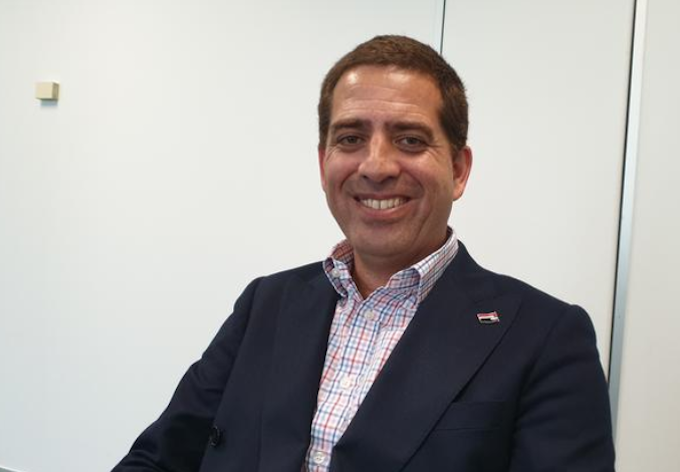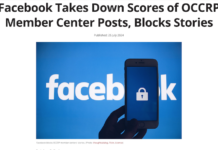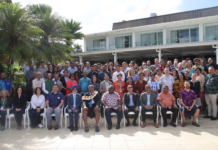
Twenty three complaints regarding New Zealand doctors spreading anti-vaccination misinformation have been made to the Medical Council as the group says it has “zero tolerance” for anti-vax positions.
Yesterday it was reported anti-vax GPs were hindering the rollout in Northland, where an essential worker had tested positive for covid-19.
Covid-19 Response Minister Chris Hipkins denounced anti-vax GPs, but said it was up to the Medical Council to deal with them.
Medical Council chairperson Dr Curtis Walker told RNZ Morning Report today: “I can’t speak about individual cases or individual notifications, but what I can say is that we very much exist on behalf of the public to ensure that doctors are practising safely at all times and our first concern to protect public safety.”
The council had “zero tolerance for anti vaccination messages”, he said.
“We will consider all concerns and notifications that are made to council.”
44 new community covid cases
Meanwhile, the Health Ministry reports that there were 44 new cases of covid-19 reported in the community today, including three in Waikato.
There was no New Zealand media briefing today. In a statement, the ministry said 12 of the new cases were yet to be linked to earlier cases. There were now 26 cases unlinked from the past 14 days.
Director of Public Health Dr Caroline McElnay said the higher number of new cases today was not unexpected “because there have been a number of contacts of new cases and we can expect to get fluctuations from day-to-day”.
The three new cases in Waikato are all linked and contacts of existing cases.
Yesterday, there were 29 new cases in the community. Five of those were in Waikato.
There are 25 people in hospital, including five in intensive care.
There have now been 25 cases in Waikato and 1450 in Auckland in the current outbreak. There has been a total of 1492 cases.
Complaints considered
About complaints to the Medical Council, Dr Walker said: “We will examine the circumstances of what a doctor has said or done, carefully consider their responses, for example, if they’re not going to do it again, or not going to post anymore videos or promulgate any further misinformation.
“If that’s the kind of response we sort of take a satisfied or an educative type approach, and a ‘don’t do it again’ approach,” he said.
“If people are going to persist and in disseminating this information, then we will look at taking further action.”
Dr Walker said the council had “received the number of notifications around doctors, including the Northland people”.
The council expected doctors to act in accordance with the expected standards at all times, Walker said.
“Our standard around this is that any advice provided around vaccination has to be evidence based and expert informed and the medical evidence is that the vaccination is safe, effective and overwhelmingly supported by the healthy evidence, and certainly the best way to predict our whānau and communities from this pandemic.
“So that is the evidence-based advice that we expect doctors to give.”
‘Small part’ of medical advice
Dr Walker said doctors spreading anti-vax misinformation were a “very small part of the medical profession”.
The council had received notifications about 23 individual doctors.
“I’m pleased to say that despite the noise and distraction and harm that a few doctors can do, it is a very small part of the medical profession – we’ve just received very small number of notifications, in contrast to the many thousands of doctors and health care workers at the frontline vaccinating, delivering health care and leading New Zealand’s public health response,” Dr Walker said.
“Also I note the thousands of doctors who recently stood up publicly to encourage and support vaccination.”
The complaint review process involved reviews called professional conduct committees.
Walker said the council aimed to “get those up running and sorted in around six months – a decision in six months and that decision can involve a charge with the health practitioner practitioners at a disciplinary tribunal”.
When asked if that time frame was too long, Dr Walker said “what I will say is that at all stages the public is protected. So if we see that there’s harm being done by a doctor’s conduct or practice or misinformation, in these cases we will institute measures such as requesting or requiring the doctor to cease doing what it is that they’re doing.
“And that can include suspending a doctor while the investigations take place so that the public is protected as we work our way through the cases.”
This article is republished under a community partnership agreement with RNZ.















































